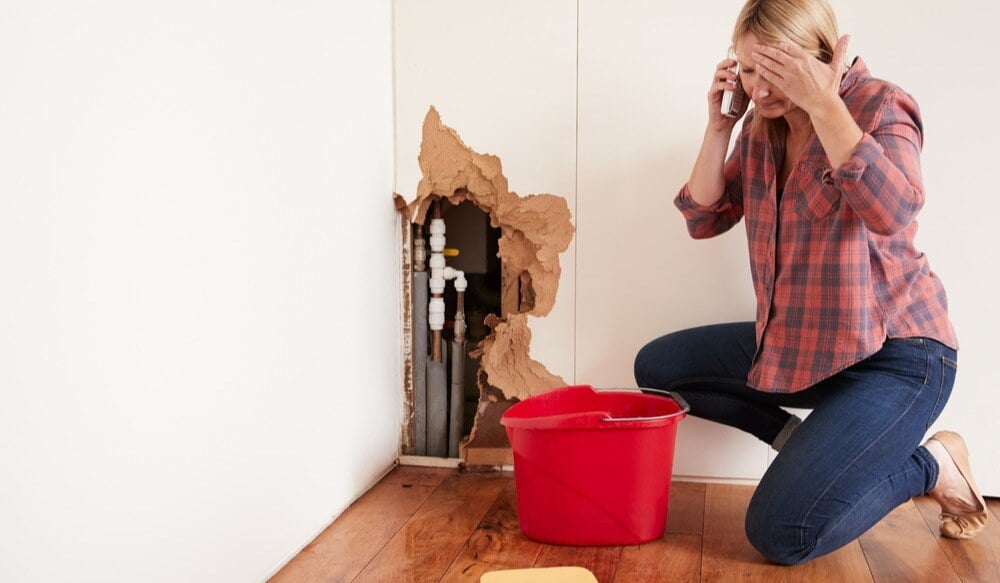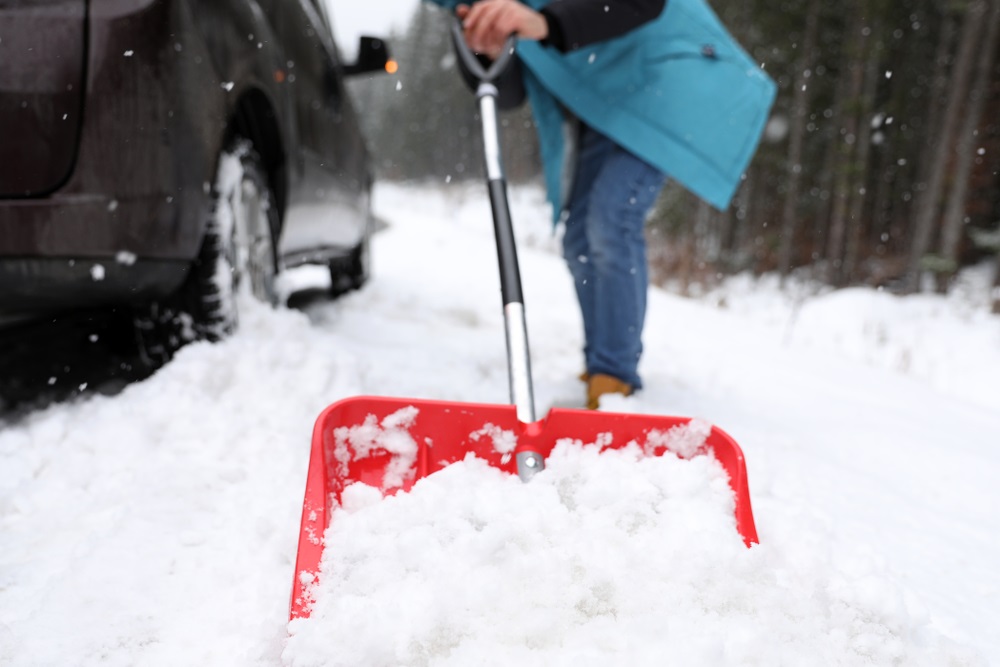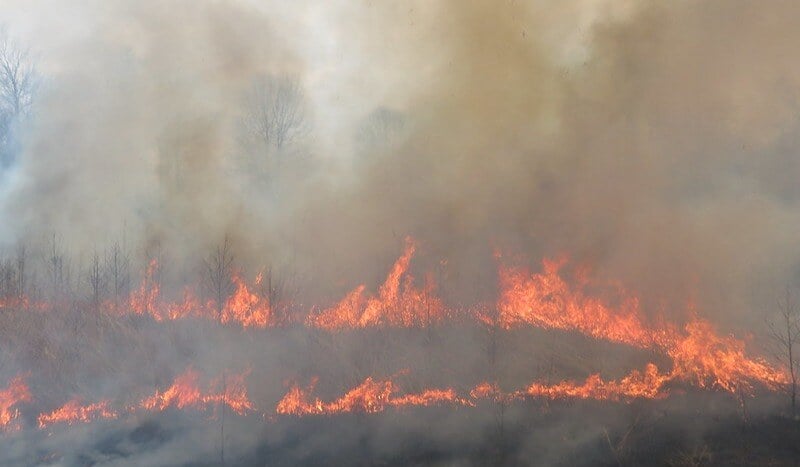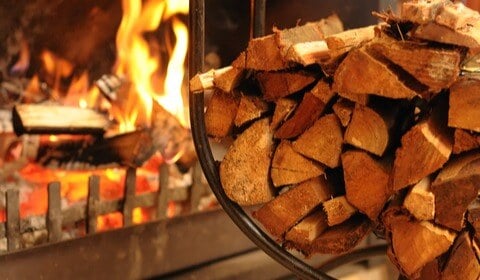
As a local home insurance provider, we know winter weather can take its toll on Virginia homes. We highly recommend prioritizing basic winterizing to your home to avoid more costly repairs this winter. We also know everything is so expensive and money is stretched around the holidays. If you don't have extra money set aside for essential home maintenance right now, there's one thing we can recommend you absolutely shouldn't skip. Protect your plumbing. It's actually really inexpensive and will save you money in the long run by preventing home damage.
Frozen pipes are a top winter home insurance claim
Homeowners insurance claims tell us home fire prevention during winter is super important. Still, frozen pipes are among the most common and expensive winter home damage risks for a home when temperatures in Virginia drop. Do you remember the Commonwealth's extended arctic freeze in 2018? Even with home heat systems humming, those frigid January temperatures resulted in more than five hundred NNINS home water damage claims from frozen and burst pipes.

Why do home pipes in Virginia freeze?
Most Virginia homes weren't built to sustain long-lasting freezing temperatures because we typically have a milder climate. You may have pipes running through uninsulated areas of your home, like an attic, crawl space, garage, or basement. These spaces become vulnerable in colder than average weather. Even pipes located on the insulated exterior walls facing the outside of your home are in danger of freezing if temperatures stay cold for an extended period. To avoid a post-holiday $500 insurance deductible, start with a simple and inexpensive fix.
How to prevent home pipes from freezing
Before it gets cold, the Insurance Institute for Business and Home Safety (IBHS) recommends things you can do to protect your plumbing. It's always a good idea to ensure all your home's exterior walls, attic, and basement are properly insulated. That's a good job for a professional. Once you've protected vulnerable pipes, they are unlikely to freeze.
- Add weatherstripping to seal air leaks around doors and operable windows. Make sure you cannot see any daylight around doors and windows from inside your home.
- Caulk and seal any cracks or gaps on your home’s exterior before temperatures go below 45° F or lower.
- Cover any ventilated crawl spaces during the winter months.
- Using specifically designed pipe insulation, wrap pipes and faucets in unheated or minimally heated areas.
How to insulate plumbing pipes
For less than $5, you can protect vulnerable pipes with pipe insulators from your local hardware store. We recommend heavy-duty R4 insulators. R-value measures a material's ability to slow down heat flow. The higher the number, the better. It's essential to pick the correct size for your pipes (either ½ or ¾ of an inch). For a slightly more expensive solution, you may also consider wrapping water piping in UL-listed heat tape or thermostatically-controlled heat tape if your water piping is plastic.
If you are still concerned during an extended freeze, there are immediate ways to prevent freezing pipes to avoid water damage. If you do suspect a frozen pipe, take action right away to prevent costly damage to your home.

Does home insurance cover burst pipes?
Suppose the worst happens and your frozen pipe bursts. Not to worry! Your home insurance policy usually covers this type of damage as long as the damage is not the result of long-term water damage from lack of maintenance or you have vacated your property for an extended period without adequately preparing your home for cold weather. Plan for an extended trip by letting your home insurance agent know you'll be away and consulting a professional plumber who can recommend extra measures to protect your pipes.
Learn more about homeowners insurance in Virginia >
THE NORTHERN NECK INSURANCE INTEGRITY PROMISE — We pledge to provide straight talk and good counsel from our NNINS Virginia insurance experts through our blog. While we hope you find this to be a helpful source of information, it does not replace the guidance of a licensed insurance professional, nor does it modify the terms of your Northern Neck Insurance policy in any way. All insurance products are governed by the terms in the applicable insurance policy.






